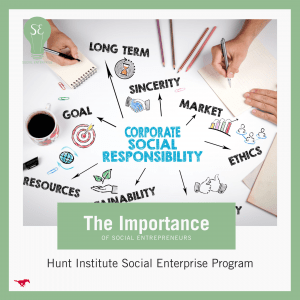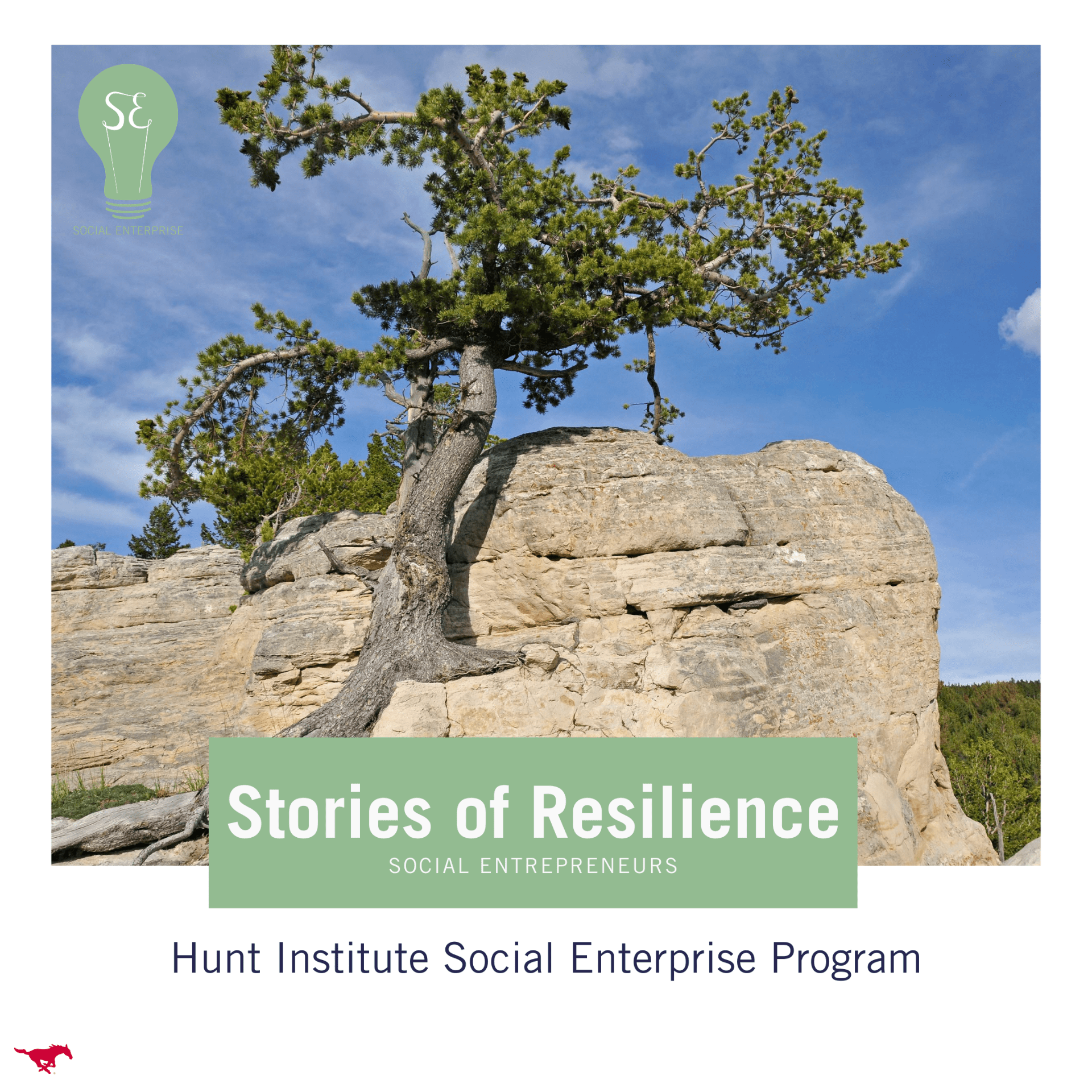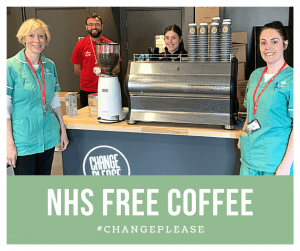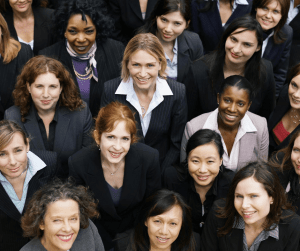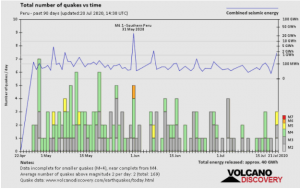Spotlight on Local Dallas Entrepreneurs: Yulise Waters, Deputy Director at Lone Star Justice Alliance
This week, the Hunt Institute would like to spotlight another member of the Inclusive Economy Consortium (IEC) Leadership Council and Hunt Institute Fellow, Yulise Reaves Waters. Ms. Waters is the Deputy Director at Lone Star Justice Alliance (LSJA), a nonprofit legal organization that improves the lives of youth and emerging adults in the justice system. She is responsible for overseeing and developing the Transformative Justice Model operating in Dallas County (SCCIP) and Williamson County (RISE). This multi-disciplinary program for emerging adults (ages 17-24) identifies and addresses the unmet needs which contributed to their involvement in the criminal justice system in order to reduce their likelihood of recidivism. As an executive team member, Waters also helps leads LSJA’s strategy, operations, and development.
Waters states that the most rewarding part of her job is getting to be a part of systemic change in the criminal justice system and collaborating with others who are equally as passionate about this work. One challenge, she points out, is the double-sided nature of innovation and change. “The system, unfortunately, was designed to get the results we are getting. Consequently, the whole thing needs to be overhauled and reimagined. The process of change and innovation makes this work both attractive and challenging. Vision casting and implementation is never easy,” Waters explains.
But being an innovator is a part of Waters’ DNA. Her dad, “Smokey” John Reaves, founder of family owned and operated Smokey John’s BBQ, was an entrepreneur, and she has been involved with start-ups for the majority of her life. “There is uncertainty and chaos that comes along with being a social entrepreneur,” Waters shares. Thus, her best advice for future social entrepreneurs is to remain flexible in the pursuit of your mission and always remember your ‘why’. For Waters, the why is her unwavering belief that all human life is valuable. “The number of lives that are marginalized, discounted, and thrown away by our criminal justice system is a travesty,” she expresses, “Everybody deserves an opportunity to be successful.”
You can read more about Yulise here and about the important work of the Lone Star Justice Initiative here. Stay tuned to the Hunt Institute Digest for more examples and case studies of social entrepreneurs.
To read more about the Hunt Institute’s work to develop future-focused solutions to some of the world’s biggest problems, please click here. For the latest news on the Hunt Institute, follow our social media accounts on LinkedIn, Facebook, Twitter, and Instagram. We invite you to listen to our Podcast called Sages & Seekers. If you are considering engaging with the institute, you can donate, or sign-up for our newsletter by emailing huntinstitute@smu.edu.



